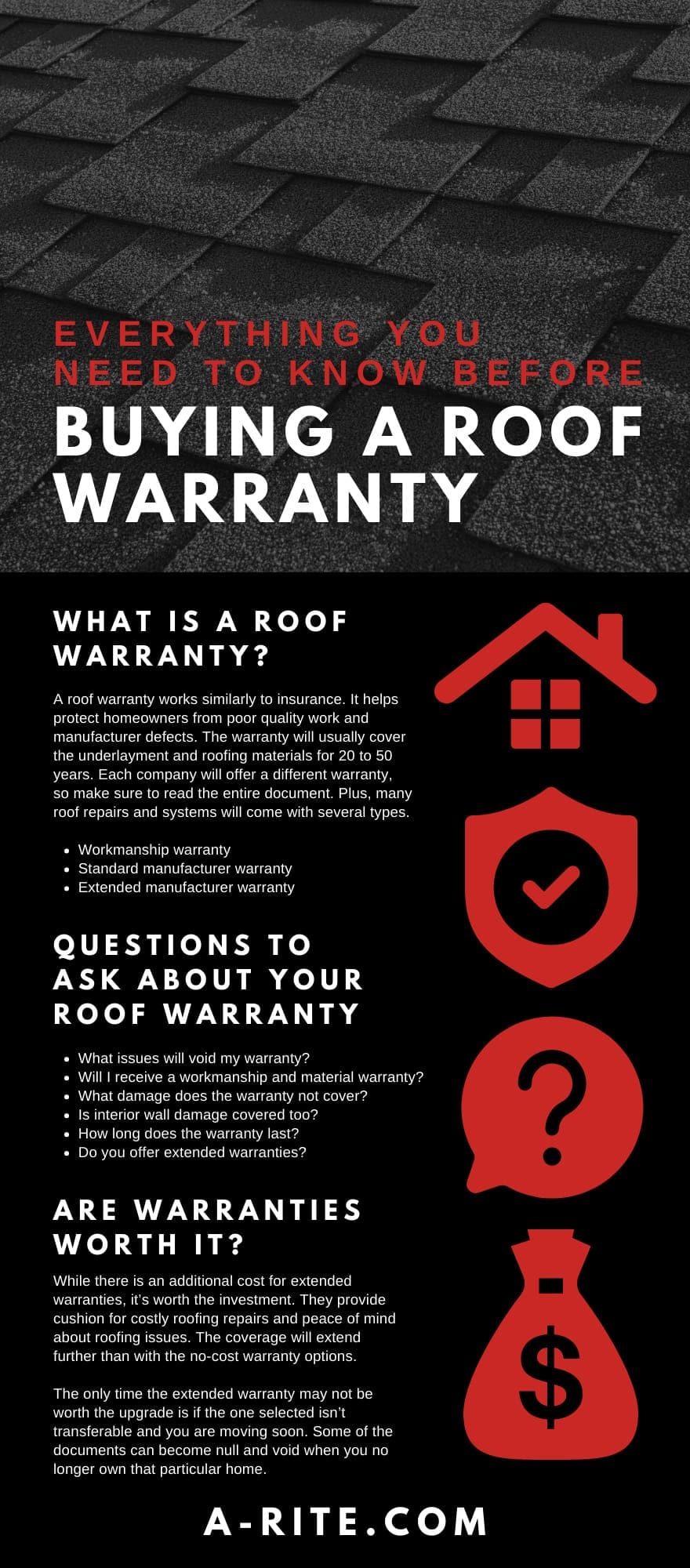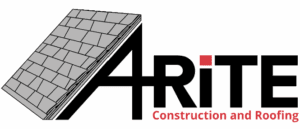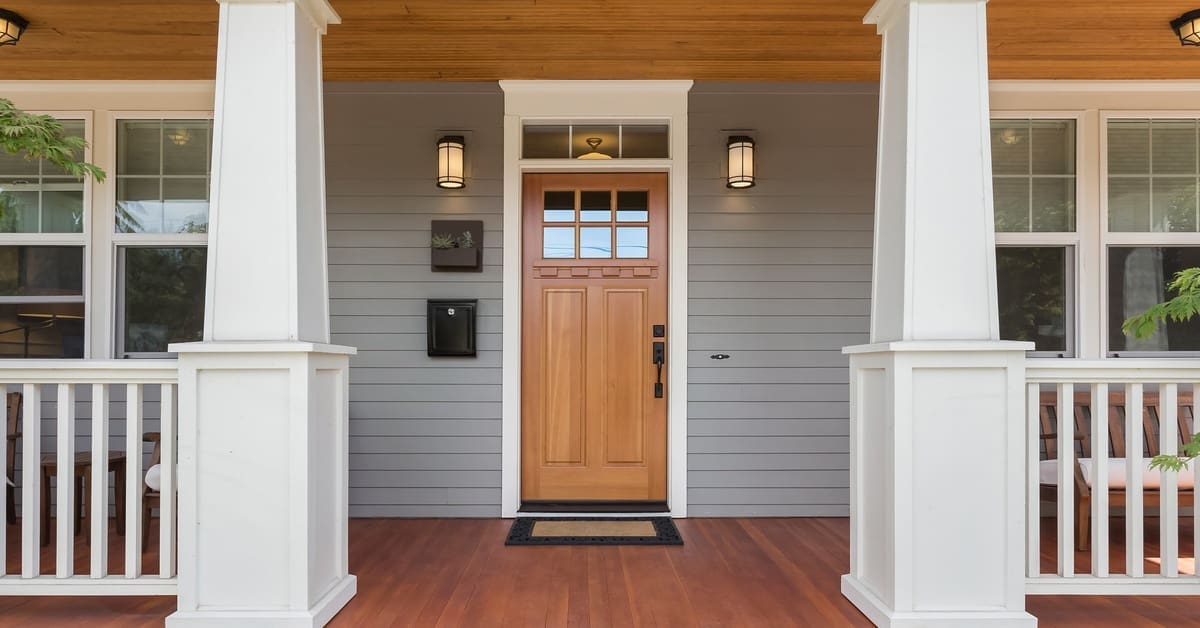The roof is one incredibly important part of the home. It protects your house from the outdoor elements and keeps the curb appeal looking chic. Unfortunately, roofs don’t last forever, as they’ll undergo damage from storms and aging.
When it’s time for a roof replacement or repair, you want to ensure you receive quality work and materials. One major roof decision to make is about the warranty. Many contractors provide warranties, but there are upgraded warranty options as well. Are they worth the investment? Here’s everything you need to know before buying a roof warranty.
What Is a Roof Warranty?
A roof warranty works similarly to insurance. It helps protect homeowners from poor quality work and manufacturer defects. The warranty will usually cover the underlayment and roofing materials for 20 to 50 years. Each company will offer a different warranty, so make sure to read the entire document. Plus, many roof repairs and systems will come with several types.
These are the three main warranty types:
- Workmanship warranty
- Standard manufacturer warranty
- Extended manufacturer warranty
Each type of warranty provides a different extent of coverage for the homeowner. Taking a closer look at them will provide further insight.
Workmanship Warranties
Choosing the right contractor will make all the difference. Their installation plays a significant role in the longevity and performance of your roof. Finding an experienced and reputable contractor will make all the difference, as they will stand behind their work.
Workmanship warranty lengths depend on the contractor. Some offer lifetime coverage, and others provide ten years of coverage. Some you will also get workmanship warranties backed by the shingle manufacturer in the event that the contractor isn’t available. It’s good to ask potential contractors about their warranties and fully understand them before hiring.
Yes, warranty length matters, but quality work will protect your home from material failures due to installation errors. Workers could move too quickly and use improper installation techniques to finish a job faster.
This warranty type will cover the materials used during the repair and labor costs. Some workmanship warranties will cover interior home damages, including personal items and furnishings. However, they won’t cover problems that are not related to installation, such as roof damage after installation, storm damage, ice dam damage, and leaks from fallen tree limbs or other debris.
Standard Manufacturer Warranties
Many roof shingles come with a standard manufacturer warranty. This industry standard means you’ll remain covered as long as you own the home. The degree of protection you receive depends on the manufacturer.
Many manufacturers will cover the cost of replacing defective shingles for the first few years after installation. They’ll then prorate coverage. The manufacturer will cover any faulty materials found during the installation process at no cost. Understand that many manufacturer warranties also cover labor costs but won’t cover shingle removal and disposal costs.
These warranties will only cover faulty materials provided by the manufacturer. If a contractor damages any shingles during installation, you won’t receive coverage for this problem.
Extended Manufacturer Warranties
Most manufacturers understand the correlation between their roofing products and quality installation. They want to give homeowners peace of mind and receive lasting value, so they offer warranties with extended coverage. Contractors team up with manufacturers to provide a fully covered roofing system. The contractors become certified and understand how to work with the manufacturer’s materials above uncertified businesses.
Many extended warranties come at a price, but they cover various issues that can arise after installation. These problems include underlayment, field and starter shingles, water and ice barriers, ridge and ridge cap shingles, and ridge and soffit vents.
These trusted warranties offer various benefits for homeowners, and you receive coverage for installation errors, roofing system components, and faulty materials. It will only exclude fasteners, wood decking, and flashing.
Questions To Ask About Your Roof Warranty
If you’re only utilizing the workmanship warranty from your contractor, there are a few questions you should ask before moving forward with the roofing process. These vital questions will ensure you receive the coverage you need without any surprises. You may be able to negotiate some of the terms when asking the proper inquiries. Consider asking the following questions:
- What issues will void my warranty?
- Will I receive a workmanship and material warranty?
- What damage does the warranty not cover?
- Is interior wall damage covered too?
- How long does the warranty last?
- Do you offer extended warranties?
You can write these questions down and take them to a meeting with your roofing contractor.
The True Meaning of Lifetime Warranty
The term “lifetime” doesn’t necessarily mean the life of the shingles; rather, it translates to the entire time you own your home. The typical industry standard for shingles is a “lifetime” warranty. Some lifetime warranties will transfer to the new home’s owners, which is an incredibly valuable selling point if you’re replacing the roof and getting ready to sell.
Before installing a new roof, discuss with your contractor whether the “lifetime” warranty is transferrable. You wouldn’t want to choose a specific manufacturer to find out you can’t transfer the warranty later. Understand that the “lifetime” warranty is likely only for the materials, not the workmanship.
Are Warranties Worth It?
Big purchases warrant a discussion about warranties. These purchases include large electronics, a car, or a phone. Figuring out what the warranty does and doesn’t cover will help you decide which is best.
The same goes for roofing systems warranties. Depending on the type or types of warranties you receive, you’ll have coverage of the manufacturer’s materials and the craftsmanship quality.
While there is an additional cost for extended warranties, it’s worth the investment. They provide cushion for costly roofing repairs and peace of mind about roofing issues. The coverage will extend further than with the no-cost warranty options.
The only time the extended warranty may not be worth the upgrade is if the one selected isn’t transferable and you are moving soon. Some of the documents can become null and void when you no longer own that particular home.
Things To Do Before Upgrading Your Warranty
Talking with a reputable roofing contractor will help you learn all the options in-depth. They’ll be able to answer questions or point you in the right direction to receive answers. They can talk you through the confusing process and help you make an educated decision.
Now that you’re knowledgeable about roof warranties, you can make an educated decision regarding the matter. If you’re in need of roofing repairs in Wisconsin, turn to A-Rite Construction and Roofing. Our expert roofing technicians will supply quality work. Plus, we work with only the highest-quality roofing materials in the business.





